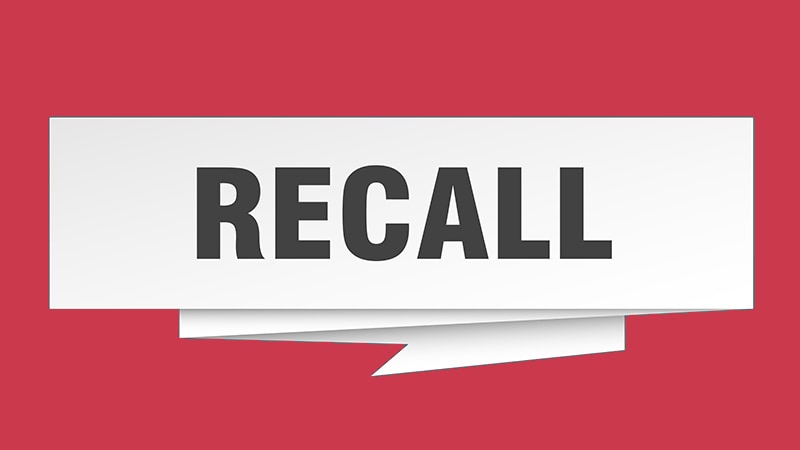Abbott Amplatzer Delivery Sheath Class I Recall Due to Air Embolism Risk
Core Concepts
Increased risk of air embolism prompts Abbott's Class I recall of Amplatzer delivery sheath.
Abstract
The US FDA announced a Class I recall of Abbott's Amplatzer steerable delivery sheath due to an increased risk of air embolism during cardiac catheterization. The recall affects 672 devices distributed between October 4, 2022, and February 22, 2023. Abbott reported 26 incidents and 16 injuries related to this issue, prompting the recall. Customers are advised to return unused delivery sheaths and use an alternative delivery system for future procedures.
Class I Recall of Abbott Amplatzer Delivery Sheath
Stats
Air embolism incidence rate: 0.77%
26 incidents, 16 injuries, no deaths reported
672 devices (model: ASDS-14F-075) recalled
Quotes
"Air embolism can lead to injuries such as acute reduction in blood flow to the heart, tachycardia, bradycardia, hypotension, and oxygen desaturation, as well as stroke and death." - FDA
Key Insights Distilled From
by Megan Brooks at www.medscape.com 07-26-2023
https://www.medscape.com/viewarticle/994831
Deeper Inquiries
How can healthcare providers ensure patient safety during cardiac catheterization procedures
Healthcare providers can ensure patient safety during cardiac catheterization procedures by following strict protocols and guidelines. This includes proper patient assessment before the procedure to identify any potential risks, obtaining informed consent, and ensuring that the procedure is performed by trained and experienced personnel. During the procedure, providers should closely monitor the patient's vital signs and be prepared to address any complications that may arise. Additionally, using high-quality and well-maintained equipment, such as the Amplatzer delivery sheath, can help reduce the risk of adverse events. Post-procedure, patients should be closely monitored for any signs of complications and provided with appropriate follow-up care.
What measures can medical device companies take to prevent such risks in the future
Medical device companies can take several measures to prevent risks associated with their products in the future. This includes conducting thorough testing and validation of the devices before they are released to the market to ensure their safety and efficacy. Companies should also provide comprehensive training to healthcare providers on the proper use of the devices and any potential risks associated with them. In cases where a recall is necessary, companies should act swiftly to notify customers and provide clear instructions on returning the devices. Continuous monitoring of the devices post-market through surveillance programs can also help identify any potential issues early on and take appropriate actions to mitigate risks.
How can social media platforms like Facebook, Twitter, Instagram, and YouTube be effectively utilized for medical news dissemination
Social media platforms like Facebook, Twitter, Instagram, and YouTube can be effectively utilized for medical news dissemination by medical device companies, healthcare providers, and regulatory agencies. These platforms provide a wide reach and allow for real-time updates to be shared with a large audience. Companies can use social media to announce recalls, provide information on product safety, and engage with customers to address any concerns. Healthcare providers can use social media to share best practices, educate patients on procedures, and raise awareness about potential risks. Regulatory agencies can use social media to communicate important safety alerts and updates to the public. By leveraging these platforms effectively, stakeholders can ensure that critical medical news reaches a broader audience in a timely manner.
0
